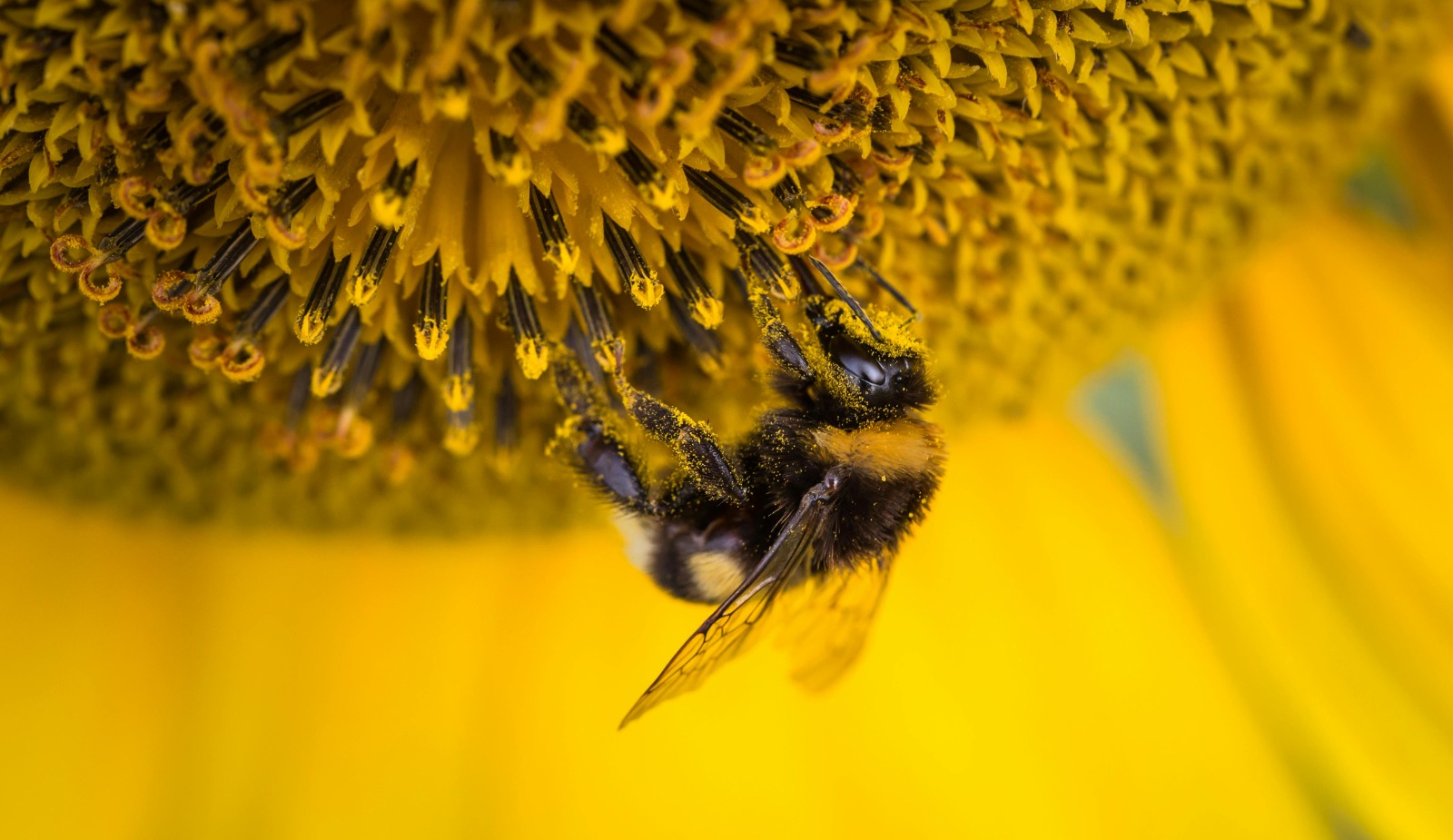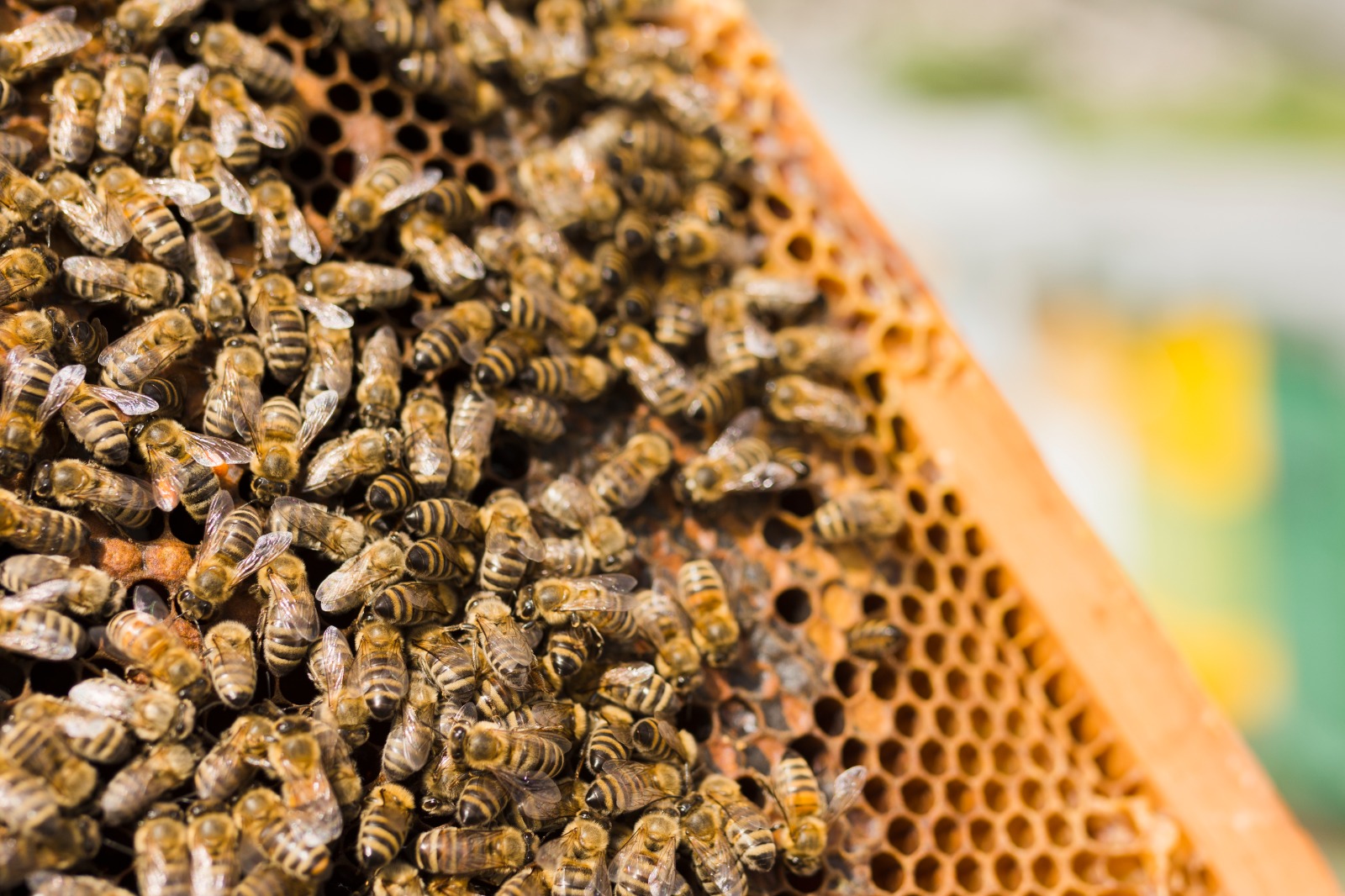The Crucial Role of Bees in Agriculture: Why They Matter More Than You Think
Imagine a world without bees. The vibrant colors and sweet fragrances of blooming flowers would fade away, and the shelves of grocery stores would be barren, lacking the array of fruits, vegetables, and nuts that we often take for granted. Bees, with their seemingly endless buzz and delicate wings, are not just insects; they are the unsung heroes of agriculture, playing a vital role in pollination and food production.
Bees are some of the most important creatures on our planet, especially when it comes to agriculture. These small but mighty insects play a crucial role in pollination, which is essential for the production of many fruits, vegetables, and nuts. In fact, according to the Food and Agriculture Organization of the United Nations, bees are responsible for pollinating approximately 75% of the world’s food crops.
The Importance of Pollination By Bees in Agriculture
Pollination is the process by which pollen is transferred from the male part of a flower to the female part, enabling fertilization and the production of seeds. This process is essential for the reproduction of many plants, including those that are grown for food. Without pollination, many crops would not be able to produce fruit or seeds, leading to a drastic reduction in food production.
It is a symphony orchestrated by nature, and bees are the star performers. As they flit from flower to flower in search of nectar, bees unwittingly transfer pollen from the male parts of flowers to the female parts, enabling fertilization and the production of seeds. This process is essential for the reproduction of many plants, including those that are grown for food. Without bees, this delicate dance would come to a halt, leading to a dramatic decline in food production.

The Buzzing Benefactors
Bees are one of the most effective pollinators due to their unique biology and behavior. As they move from flower to flower collecting nectar and pollen, they inadvertently transfer pollen between flowers, facilitating pollination. This process not only helps plants reproduce but also increases genetic diversity, which is important for the long-term health of plant populations.
Bees are perfectly adapted for their role as pollinators. Their fuzzy bodies attract pollen, which sticks to their hairs as they move from flower to flower. Their long tongues allow them to access nectar hidden deep within flowers, while their keen sense of smell helps them navigate and locate the most productive blooms. These adaptations make bees one of the most effective pollinators in the natural world.
How Bees in Agriculture Help
Bees are one of the most effective pollinators due to their unique biology and behavior. As they move from flower to flower collecting nectar and pollen, they inadvertently transfer pollen between flowers, facilitating pollination. This process not only helps plants reproduce but also increases genetic diversity, which is important for the long-term health of plant populations.
Crop Diversity and Nutrition
In addition to their role in pollination, bees also contribute to crop diversity and nutrition. Many of the crops that bees pollinate, such as fruits, vegetables, and nuts, are important sources of vitamins, minerals, and other nutrients essential for human health. Without bees, the production of these crops would be severely limited, leading to a less diverse and less nutritious diet for people around the world.
The Economic Value of Bees
In addition to their ecological importance, bees also have significant economic value. The pollination services provided by bees are estimated to be worth billions of dollars each year. This value comes from the increased crop yields and quality that result from bee pollination. Many farmers rely on bees to pollinate their crops, and without them, agricultural production would be much lower and more costly.
Threat to Population Of Bees In Agriculture
Despite their importance, bee populations are facing numerous threats, including habitat loss, pesticide use, and climate change. These factors have contributed to a decline in bee populations in recent years, posing a serious risk to agriculture and food security.
Habitat Loss For Bees in Agriculture
One of the biggest threats to bee populations is habitat loss. As natural habitats are converted into agricultural land or urban areas, bees lose the food and nesting sites they need to survive. This loss of habitat is particularly problematic for wild bees, which rely on a diverse range of plants for food and shelter.
Pesticide Use
Another major threat to bee populations is the use of pesticides, particularly neonicotinoids. These chemicals are commonly used in agriculture to protect crops from pests, but they can also be harmful to bees. Neonicotinoids have been linked to a range of health problems in bees, including reduced reproductive success and impaired foraging behavior.
Climate Change
Climate change is also having a negative impact on bee populations. Changes in temperature and precipitation patterns can disrupt the timing of flowering plants, making it harder for bees to find food. Additionally, extreme weather events, such as droughts and floods, can destroy bee habitats and reduce bee populations.
The Role of Bees in Ecosystems
Bees play a crucial role in ecosystems beyond agriculture. They are important pollinators of many wild plants, helping to maintain biodiversity. Bees also provide food for other animals, including birds and mammals. Without bees, many ecosystems would be significantly altered, leading to a loss of biodiversity and ecosystem function.
Conservation Efforts
To protect bee populations and ensure their continued contribution to agriculture and ecosystems, conservation efforts are needed. This includes protecting and restoring bee habitats, reducing the use of pesticides, and raising awareness about the importance of bees. Many organizations and individuals around the world are working to protect bees and promote bee-friendly practices.
What You Can Do For Bees In Agriculture
There are several things that individuals can do to help protect bees. Planting bee-friendly plants in your garden or on your balcony is a great way to provide food for bees. Avoiding the use of pesticides in your garden and supporting organic farming practices can also help protect bees. Additionally, you can support organizations that are working to protect bees and their habitats.
Conclusion
In conclusion, bees play a critical role in agriculture, ecosystems, and the economy. Their importance cannot be overstated, as they are responsible for pollinating many of the crops that we rely on for food. By taking action to protect bees and their habitats, we can ensure that they continue to thrive and contribute to our world for generations to come.



Any comments?